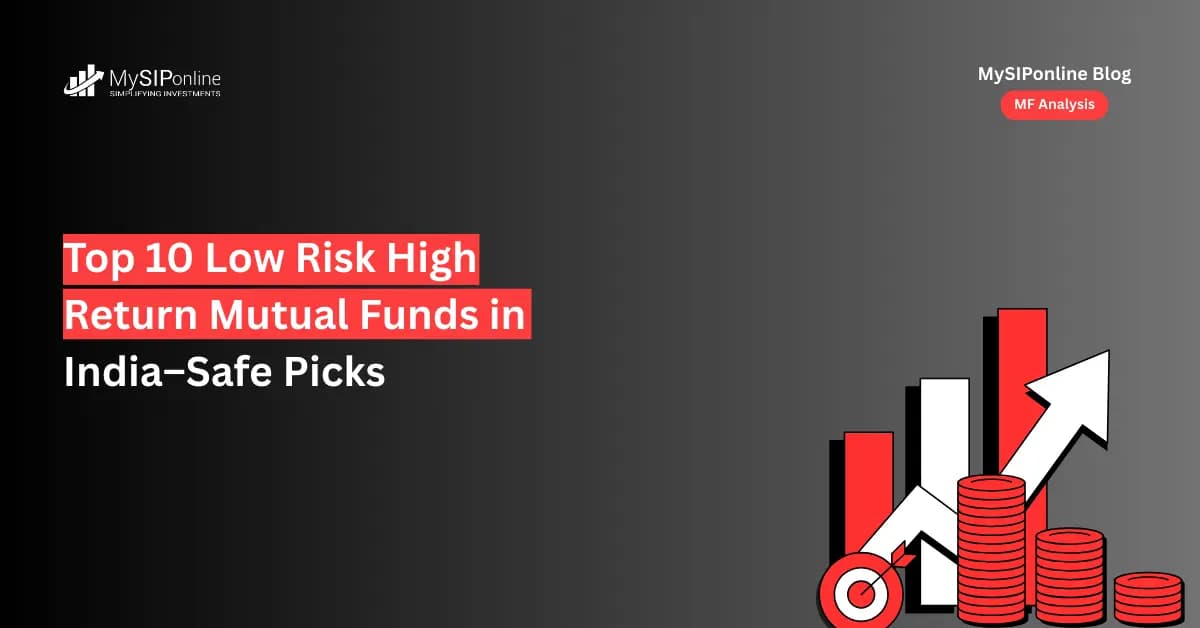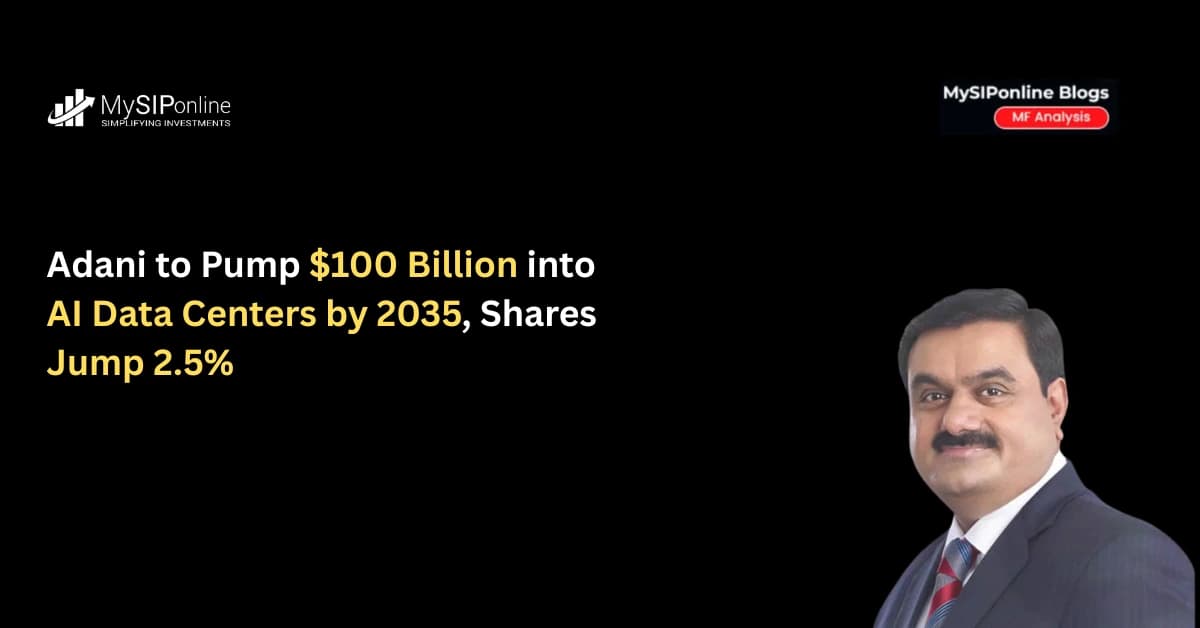You might have heard that the debt funds suddenly offered shocking negative returns. Yes, there are times when debt funds generate negative returns affecting your financial stability. Are you a debt investor or looking to invest in the debt mutual funds? If yes, then you must understand the relation between credit rating and debt funds to make the best choice for your portfolio.
Debt funds are mainly looked by the investors who want to earn fixed income and attain stability. Everyone considers the debt funds a safe investment avenue believing that they don’t let the principal money go in vain. But is it so? Although the definition of debt funds provide that they help in gaining income consistency, one needs to be aware of the various hidden facts before opting them for one's portfolio.
Everyone knows that debt funds are prone to various types of risk which involve interest rate risk, credit risk and liquidity risk. Where interest rate risk and liquidity risk affect the returns and redemption of the debt investments, the credit risk tends to affect the principal value of the investment. For that purpose, there are various credit rating agencies which measure and evaluate the credibility of the borrower of the funds and accordingly rate them for further consideration.
Role of Credit Rating in Debt Funds
The credit rating in mutual funds explains the credit risk inherent in the borrowing entity. It is the analysis of the creditworthiness of the borrower and evaluating whether the borrower would be able to pay off the principal amount or not. The credit rating agencies derive ratings on the basis of the credentials of the entity which may be the balance sheet, profit & loss statement, or any other financial information. In the case of debt mutual funds, the credit quality of the individual asset, management quality, diversification of the portfolio, and operational policies are checked for the purpose of final rating. The rating agencies like CRISIL, CARE, ICRA, etc., evaluate the likelihood of default in the mutual fund scheme and determine its capacity to repay the borrowed money.
Using Credit Rating While Selecting Debt Mutual Fund
The credit ratings can be used by the investors to analyse the creditworthiness of the scheme to repay the principal amount. These can be used to make better comparisons between different funds and select the best one out of all. The rating scale depends on the tenure of the scheme. You may refer the long-term and short-term scales for choosing the funds falling in those tenures. As per SEBI’s guidelines, CRAs (Credit Rating Agencies) have formulated standard rating symbols for the funds falling into different categories.

In the long-term, the funds with AAAmfs carried the highest credibility and ranked in the top ones, while in the case of short-term debt schemes, A1mfs is the highest score. You can analyse the portfolio of the schemes with the individual credit rating assigned to select the fund having the highest score. But, you must remember that the credit ratings are changed as per the market scenario, and you need to keep a close watch on your holdings regarding this.
So, now you must have understood the entire concept of credit rating and its relation to the debt mutual funds. It is one of the primary parameters in making the right choice of debt fund for the portfolio.
If you are looking for a fixed income investment in debt schemes, and wish to make the best choice, then credit rating must be analysed. For any assistance in making the right selection of analysing the ratings of the funds, then you must avail our advisory services. MySIPonline and its team are always ready to cater to your investing needs.












